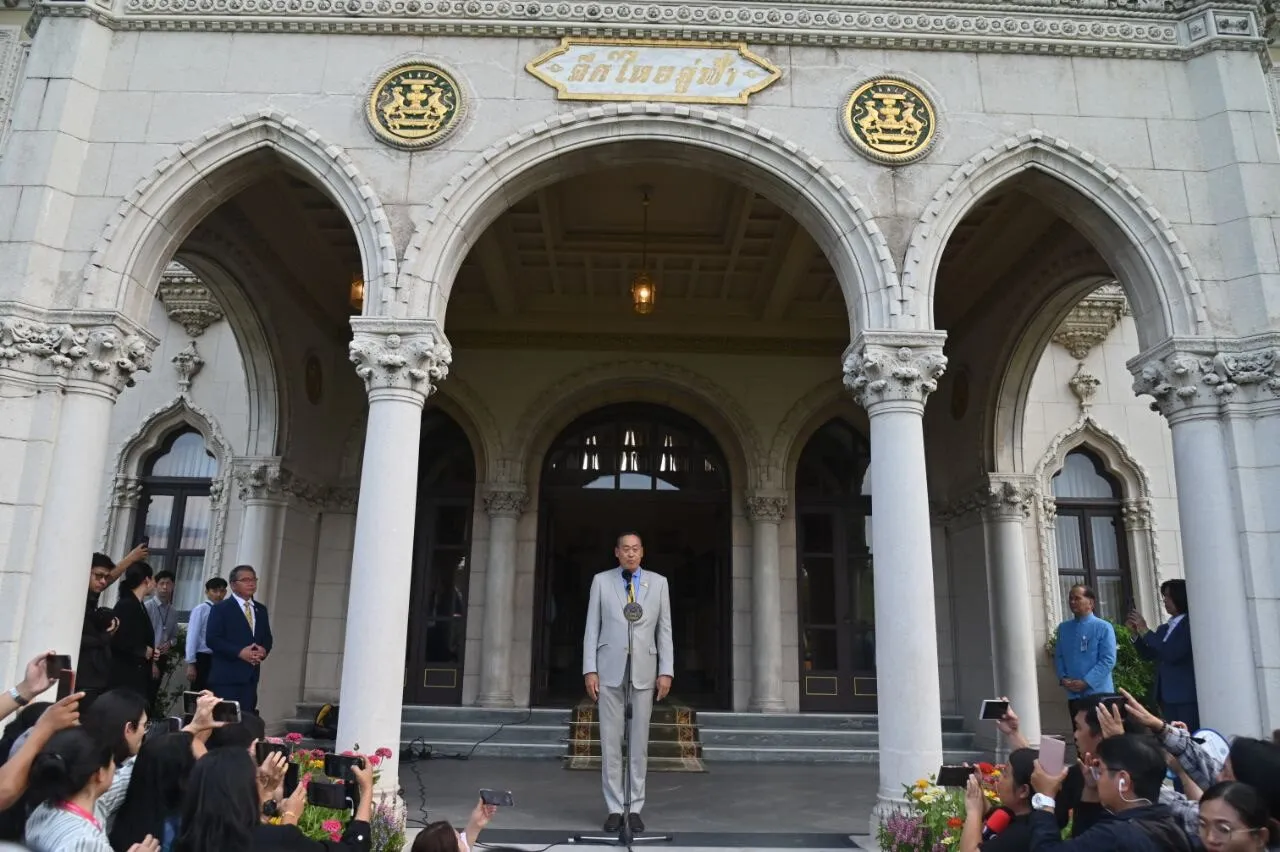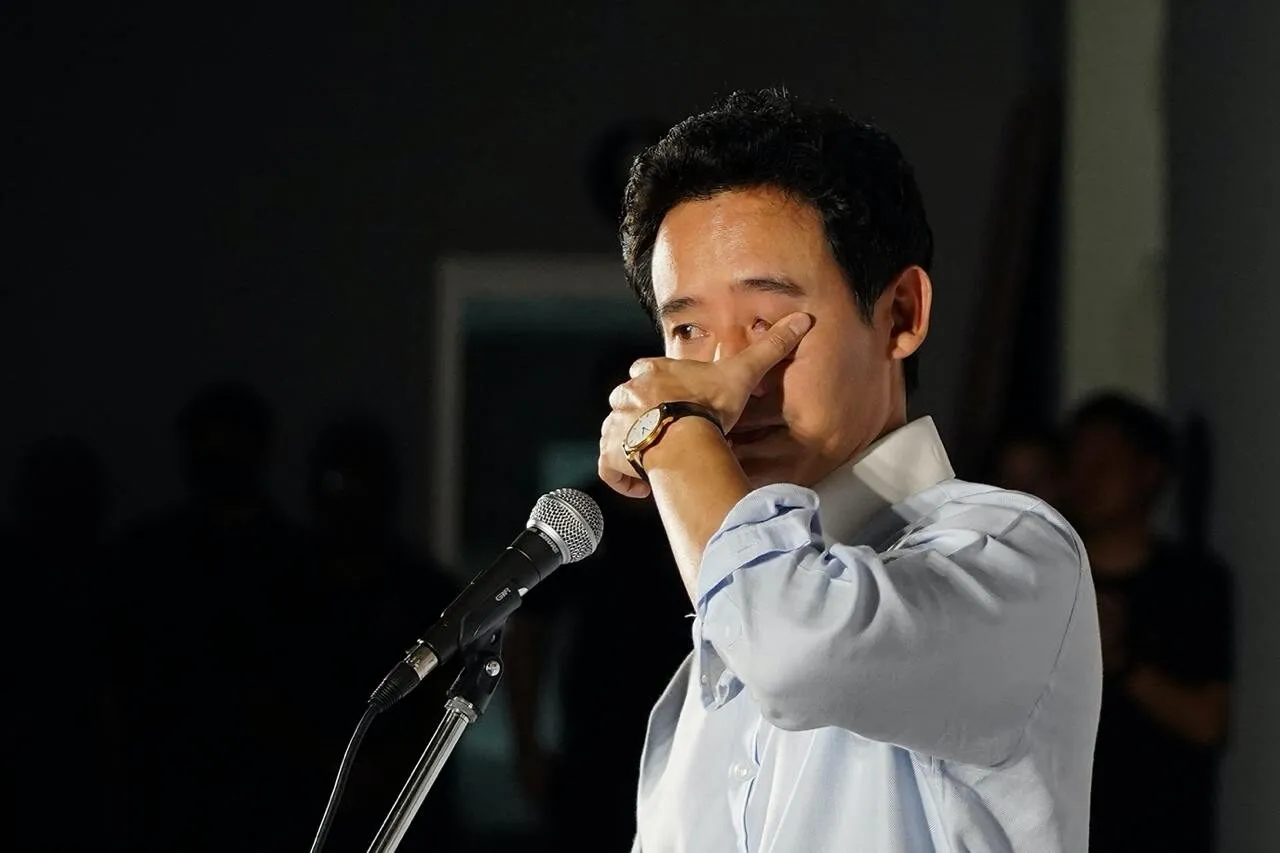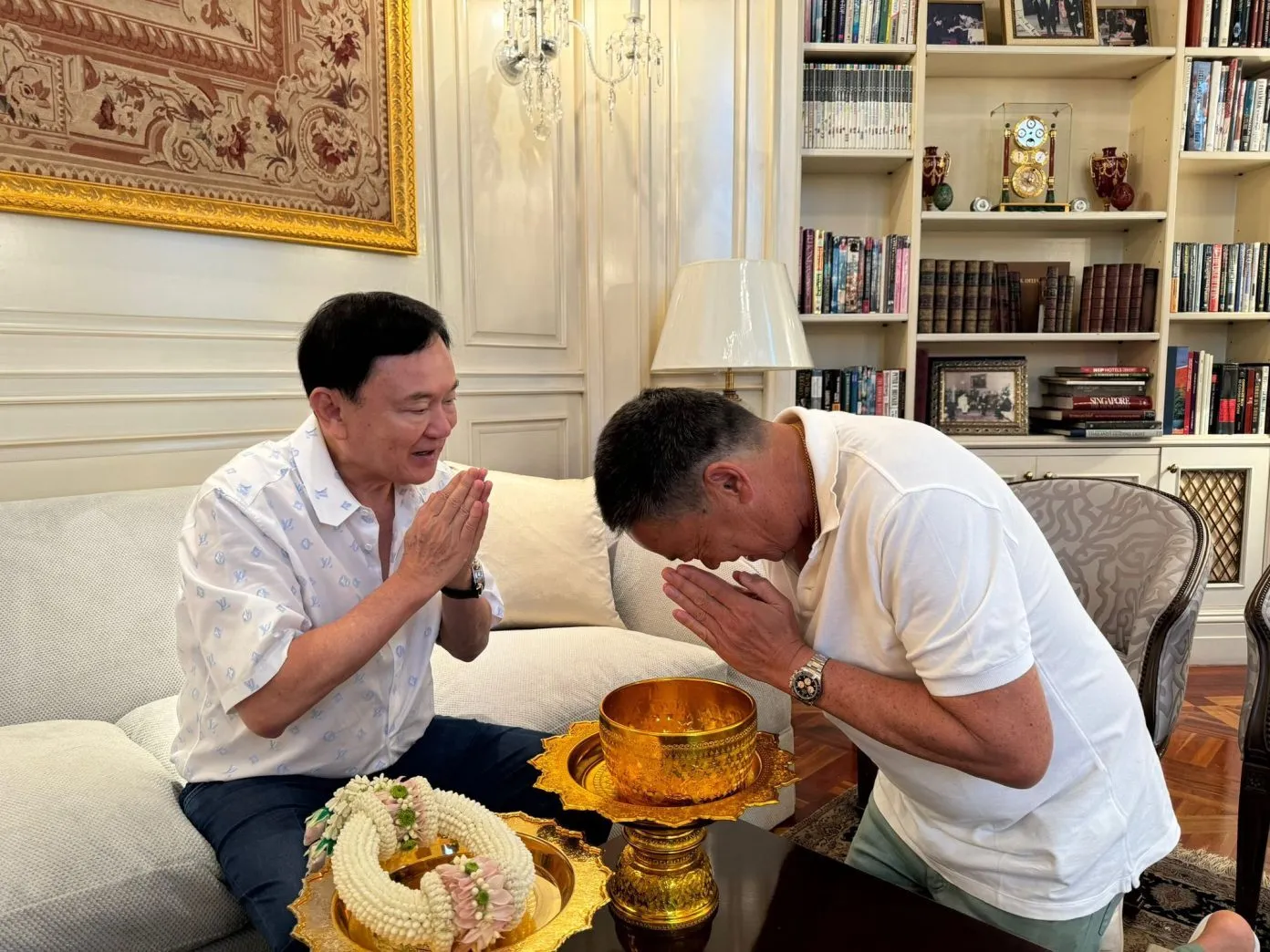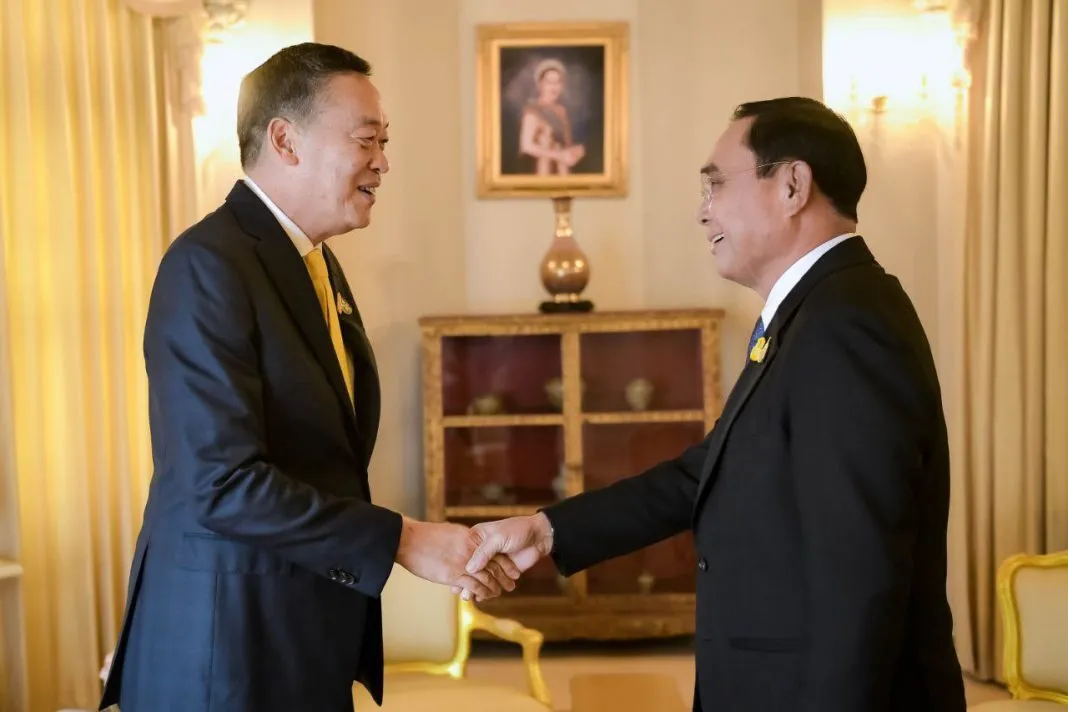On the first day of the year, then-prime minister Srettha Thavisin declared that Thailand was about to enter a new era “that will make up of nine years of missed opportunities.” As 2024 comes to a close, it is worth taking a look at how this year unfolded in Thai politics— although just the fact that the man who made this prediction is no longer in office is indicative enough of how things have turned out.
Political science professor Amy Freedman has described Thailand as an “awkward middle power.” She noted that “as measured by capabilities, Thailand falls in the upper middle tier of states.” But unstable domestic politics has ensured that the country consistently punches below its weight on the international arena; Thailand thus “refrains from playing more than a cursory role in global affairs.”

Certainly, a sour note to read for advocates that Thailand pursues a “middle power strategy,” a term that has become a favorite among Thailand’s foreign policy experts. And Pita Limjaroenrat, the former leader of the Move Forward Party, often sprinkles the term into his interviews and noting that Thailand should be able to lead ASEAN as a middle power.
But perhaps it is Pita’s fate this year that encapsulates the awkwardness of Thailand’s position and why its unstable politics leaves it unable to pursue a genuine middle power strategy. He was, of course, banned from politics along with the leadership of his party when the Move Forward Party was dissolved.

He was replaced by Nattapong Rueangpanyawut of the new People’s Party, who has yet been unable to capture the former mojo that characterized last year’s election winner. Instead of a boost in popularity coming fresh off the political martyrdom of Pita, the new party has been left grasping for a coherent message.
Power of the Constitutional Court
Yet the People’s Party is far from alone. Somehow, the death of Thailand’s biggest party was not even the biggest piece of news in politics this year. 2024 also saw the Constitutional Court’s unseating of Srettha Thavisin after less than a year in the premiership, replaced by Paetongtarn Shinawatra, now a hundred days into her term.
Nine years of enforced stability under the 2014 coup leader and former prime minister Prayut Chan-o-cha returned Thailand to what could potentially become a new age of revolving door of politics. And in the shadow of this instability, Pheu Thai has been left in just an awkward position as its main progressive adversary.
For one: who governs? Srettha, a longtime chief executive in the private sector, was a credible frontman for his government. Even then, he still often felt like merely the Chief Operating Officer of what was ostensibly his government.
On the other hand, it is all too believable when former Prime Minister Thaksin Shinawatra says that he “does not control but merely owns” his daughter Paetongtarn. The titular prime minister she may be, but Thaksin’s frequent speeches leave little doubt who the real PM — a prime manager? of the government is. It is awkward when no one believes Deputy Prime Minister Phumtham Wetchayachai when he says that Thaksin is merely a senior figure critiquing current affairs.

It would be one thing if that was the only awkward message the government has had to confront. Fewer would mind the lack of clarity over who governs if the governing is going well. But Pheu Thai also saw a disappointing year in terms of its flagship policy initiatives; in particular, the 10,000 Baht digital wallet policy has been scaled down significantly. And regardless of the specifics, the government has found itself losing the public relations battle over various controversies, particularly the MoU44 debate.
Rocky Coalition Relationships
And most confusingly the awkward arrangements behind why Pheu Thai is governing in the first place remains shrouded in an ever-deepening mystery. We speculate about the existence of a grand compromise between Pheu Thai and the conservative camp, but if it exists this year has certainly shaken the foundations on which any agreement was built.

The ouster of Srettha raised fundamental questions about the terms of this alliance. Palang Pracharath leader Prawit Wongsuwan, once perhaps the most powerful of Thailand’s military triumvirs, now finds himself ostracized from the main stage, his opposition party a shell of its former self. Power has shifted to the Bhumjai Thai Party, the second biggest coalition partner who, thanks to this year’s Senate elections, now holds sway over the upper house. But the relationship between Pheu Thai and Bhumjai Thai has been rocky this year. The coalition appears uncomfortable to all, and yet it persists for now.
All in all, this was a year of awkwardness and confusion on all sides. And so, what hope does Thailand have right now to pursue a middle power strategy, when its domestic politics remains as muddled as ever?

We live in an increasingly troubled world where there appears to be very few certainties. “Everything about the world feels more out of control,” argued Fred Kaplan in Slate, “because, in many ways, it is.” In an out-of-control world, our own country also felt very tenuously under control.
Unfortunately, after another year of turmoil, Thailand has less time to waste than ever. To cap everything off, Nvidia CEO Jensen Huang visited Thailand in early December, announcing that Thailand can become “the AI land”…only to then fly to Vietnam to announce that Nvidia would establish research and data centers there. (Awkward!)

Tourism is now essentially back to pre-pandemic levels, helpfully accelerated by the government’s relaxation of visa restrictions. If the government can nurse Thailand back to fuller economic health next year, that would be no shoddy achievement. But to quote a laconic turn of phrase: if.
For now, into the new year, the current state of affairs persists. But this is Thailand. It wouldn’t take much to reshuffle things all over again.

